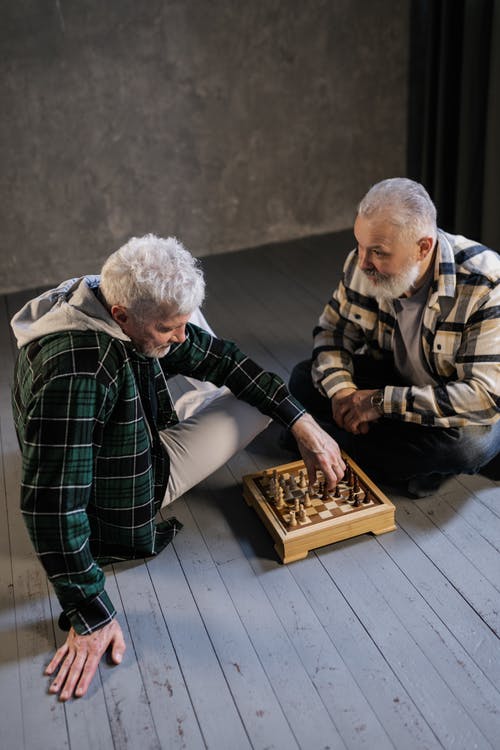As we grow older, our dreams of retirement become increasingly real. Retirement allows us to enjoy a life of leisure and freedom after years of hard work and dedication to our careers. However, it can be difficult to know how to make the most of retirement and to fully embrace this next stage of life. Here are some tips to help you enjoy your golden years.
First, make sure you have planned for your retirement. Many people fail to plan ahead and make sure they have enough money saved up for retirement, leading to a less than ideal retirement. Start by evaluating your current financial situation and creating a plan to ensure you have the financial security you need for retirement.

Next, stay active. Retirement doesn’t have to mean lounging around, rather it should be a time to refocus and find activities that bring you joy. Pick up a hobby, join a club, or explore the outdoors. Whatever activities you choose, make sure to stay active and find something that you enjoy.
Another way to stay active and enjoy your retirement is to volunteer and give back. Now that you have more free time, consider volunteering with an organization that has a cause that you’re passionate about. Whether you’re helping out in a soup kitchen or doing fundraising for a charity, volunteering can be a great way to continue making a difference even when you’re retired.
Make sure to take advantage of all the benefits of being retired. This includes discounts at many stores and restaurants, free tickets to attractions, and other perks. Many retirement homes also provide activities and day trips to help residents get out and explore the world. Take full advantage of the opportunities available to you to make the most of your retirement.
Finally, focus on your relationships. Retirement offers time to reconnect with family and old friends. Make sure to spend quality time with your loved ones, or even make new friends who share a common interest. This could be a great way to reconnect and cultivate meaningful relationships with the people who matter in your life.
Retirement is a new stage of life that offers the freedom for us to be able to do whatever we choose. With proper planning and looking at all the benefits that retirement offers, it is possible to make the most of it and truly enjoy your golden years.






